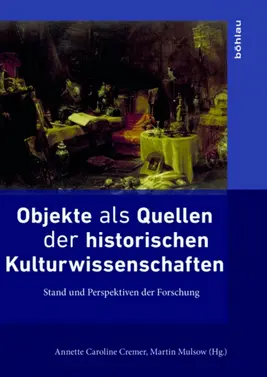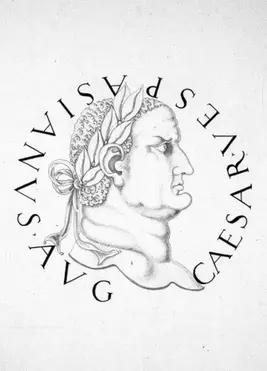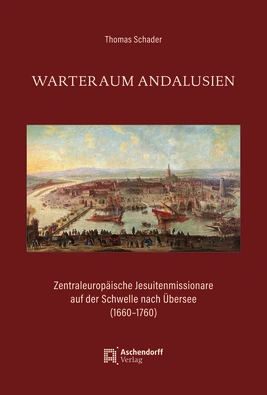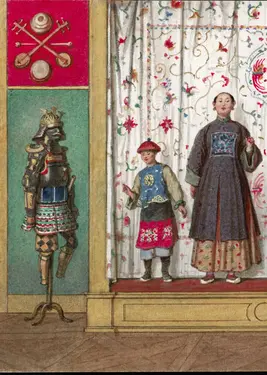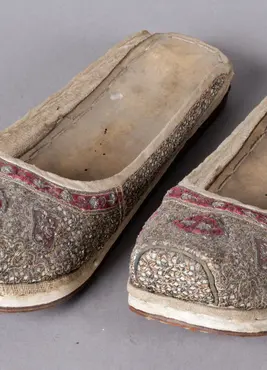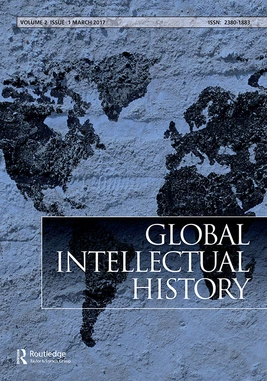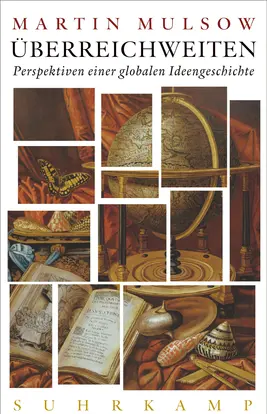Researching the Gotha collections and their contexts has been a focus of the Research Centre not only since the founding of the Gotha Collection and Research Network in 2016. In 2012–2016, for example, “Collection-related research on the publishing house Justus Perthes” was carried out at the Gotha Research Centre in cooperation with the Gotha Research Library and Professor Dr Susanne Rau (Erfurt) and with the support of the Thuringian Ministry for Education, Science and Culture (since 2014 Thuringian Ministry for Economic Affairs, Science and Digital Society, TMWWDG). In 2014–2017, in a project also funded by the TMWWDG and conducted jointly with the Gotha Research Library, the sources relevant to the history of education held by the Research Library, the Thuringian State Archives – Gotha State Archives, the Friedenstein Castle Foundation, and the Gotha Municipal Archives were indexed and brought together in a digital repertory. Currently, a research project funded by the German Research Foundation (DFG) is dedicated to the creation of the Chinese Cabinet at Friedenstein Castle during the reign of Duke August (1772–1822).
The focus of this research on material culture is not only on the objects themselves, but also on the contexts, practices and organisational structures of acquisitions at the Gotha court and of other collections, as well as on the associated knowledge techniques and scholarly practices, as reflected, for example, in controversies about hair, beards, and wigs or in the Antiquarianism of the 17th and 18th centuries. Numismatics, which enjoyed high prestige in the early modern period and can virtually be considered an antiquarian ‘leading science’, plays a central role in this context. In recent years, intensive basic research has been carried out in several projects, including a comprehensive analysis of the Magnum ac Novum Opus of Jacopo Strada (ca. 1515–1588), a 30-volume corpus of coin drawings in the Gotha Research Library, with regard to its historical and artistic context and its sources, as well as research into the emergence of university coin collections in the 18th century in the BMBF joint project “[NUMiD] Shaping History/Preserving Values”. In the future, the rich Gotha coin holdings, the practices of their collection and cataloguing, and their embedding in different disciplinary contexts are to be researched in greater detail under the heading "Numismatics in Context" in cooperation with the Gotha Research Library and the Friedenstein Castle Foundation. The expansion of numismatics in the context of global history also plays a role, and a first step towards this is the consolidation of the relevant holdings in a virtual coin cabinet.
Numerous references to and interconnections with regions outside of Europe can be identified from the Gotha collections. The question of the origin of objects and the investigation of their biographies is therefore closely connected with the reconstruction of global networks of knowledge and the potentials and problems of a Global History of Ideas, which Martin Mulsow has exemplified in a monograph. This topic will be developed into a main focus of the research centre starting in 2023 thanks to a dedicated fellowship programme of the Gerda Henkel Foundation. On the one hand, the focus will be on methodological questions and problems as well as on overcoming them through a multidisciplinary approach, and, on the other hand, on specific case studies on the cultural translation of oriental and ‘Asian’ materials, for example in a project within the framework of the DFG priority programme "Transottomanica."
Not least with a view to these global references in the history of knowledge, the theme of the 15th working conference of the AG Frühe Neuzeit im Verband der Historiker und Historikerinnen, which took place in Gotha in September 2024, is "WissensWelten".
History of Collections - Material Culture - Global Networks of Knowledge
Research projects and networks
- Third-party funded project (ongoing): Stategies of Collecting and Displaying China in Nineteenth-Century Germany: Gotha's Chinese Cabinet (Dr. Emily Teo)
- Third-party funded project (ongoing): Paths and Works of Michael Kosmeli (1773-1844) (Dr. Dirk Sangmeister)
- Third-party funded project (completed): Jacopo Strada's Magnum ac Novum Opus: A 16th century numismatic corpus (Dr. Volker Heenes/Dr. Dirk Jacob Jansen)
- Third-party funded project (completed): [NUMiD] Shaping History - Preserving Values (Prof. Martin Mulsow)
Dissertations
Ongoing projects
- Digging, Collecting, Knowing - Archaeology in its Beginnings: Early Concepts of the History of Man and Nature in the Pre-Modern Period. A knowledge history of archaeology in the early modern period in the context of archaeological objects in early modern collections (Kirsten Eppler, M.A.)
Completed dissertations
- Between the Experience of Difference and Contingency: Central European Jesuit Missionaries on the Threshold to Overseas (1660-1760) (Dr. Thomas Schader)
- Antiquarian knowledge in the making : a constellation around Leibniz in the early 18th century (Dr. Robert Heindl)
Events
- "WissensWelten" - 15th Workshop of the Early Modern Period WG from 19 to 21 September 2024 in Gotha (Organisation: Martin Mulsow and Markus Meumann).
Publications (selection)
Andreas Mahler, Martin Mulsow (eds.): Texte zur Theorie der Ideengeschichte. Stuttgart 2014.
Annette Cremer, Martin Mulsow (eds.): Objects as Sources of Historical Cultural Studies. Cologne 2017.
Martin Mulsow (ed.): New Perspectives on Global Intellectual History. Global Intellectual History 2/1 (2017), with contributions by C. Ginzburg, S. Subrahmanyam, K. Raj, K. Haakonnssen, and R. Whatmore.
Martin Mulsow (ed.), The Hair as Argument. On the history of knowledge of beards, hairstyles and wigs. Stuttgart 2022.
Monographs
Volker Heenes, Dirk Jacob Jansen: Jacopo Strada's Magnum Ac Novum Opus. A Sixteenth-Century Corpus of Ancient Numismatics. Petersberg 2022.
Martin Mulsow: Overreach. Perspectives on a Global History of Ideas. Berlin 2022.

